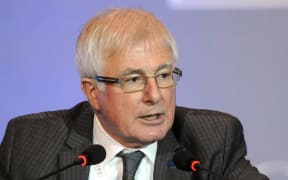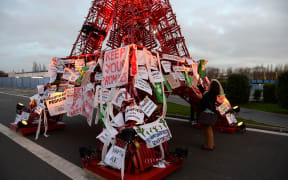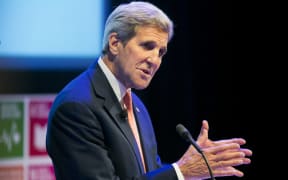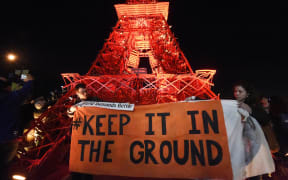Negotiators in Paris are locked in all-night meetings as they scramble to reach agreement on a deal to combat climate change.
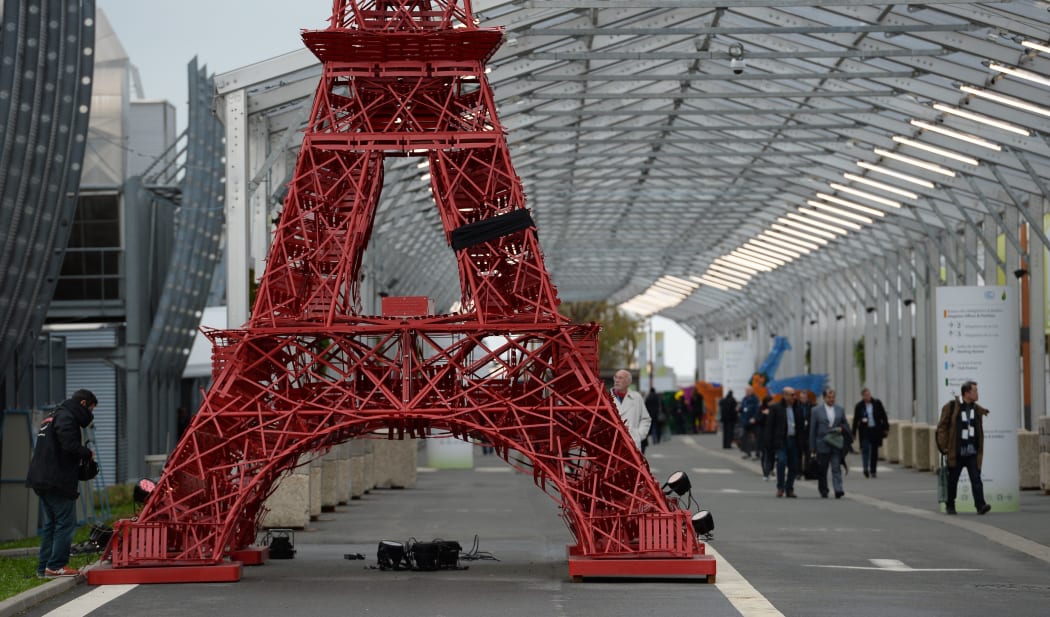
A replica of the Eiffel Tower built with Bistrot chairs at the climate summit venue Photo: AFP
The talks in Paris have reached crunch time as the deadline to finalise the deal is now 24 hours away.
The latest draft of the agreement was released earlier today.
It included a compromise on the controversial matter of how much hotter the planet should be allowed to get.
The text now says the deal would aim to keep global temperature rises well below two degrees, and would pursue efforts to limit the temperature rise to 1.5 degrees - diplomatically bridging the two options.
The wording about loss and damage was also carefully drafted - but clearly set out that support for countries who suffered loss and damage as a result of climate change could not involve liability or compensation.
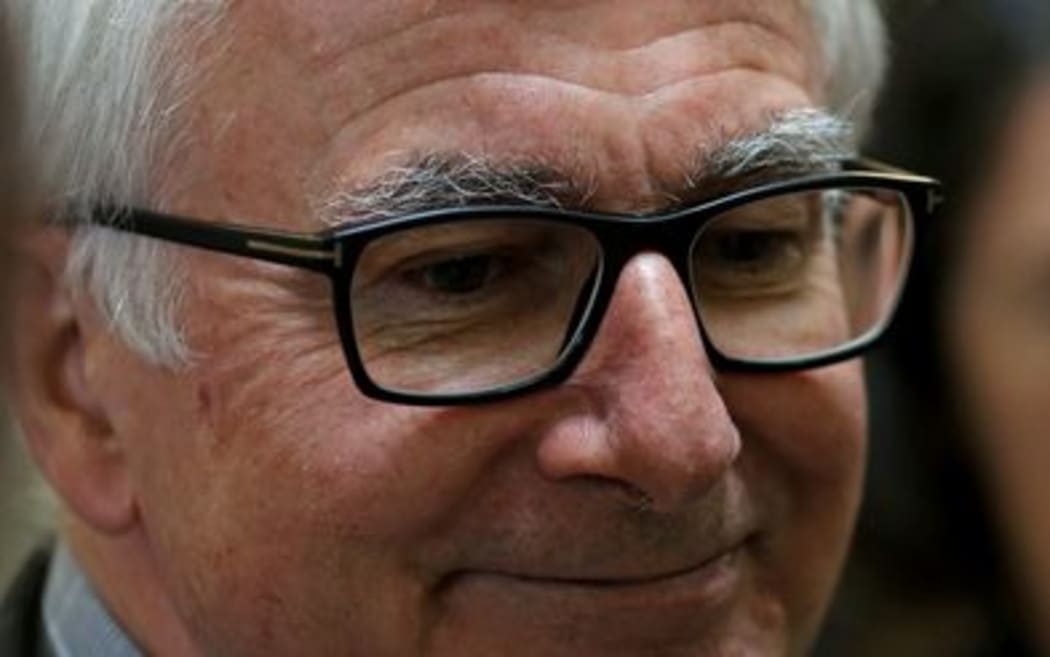
Tim Groser Photo: RNZ / Alexander Robertson
New Zealand Climate Change Minister Tim Groser said the arguments over liability for that damage were never going to wash.
"Because... what would we be signing up to in terms of New Zealand's taxpayers interests, if the whole of a country's infrastructure was devastated, New Zealand taxpayers have to fund it?" Mr Groser said.
"I'm sorry, that is a political non-starter."
But talking about compensation and liability was a negotiating tactic by the developed countries, Christian Aid's Mohammed Avow said.
"It's not even being being asked for by the developing countries so why raise the question when it's not even been pushed for or asked for by the vulnerable countries who want loss and damage (compensation)?" Mr Avow said.
"We must be listening to the developing countries, particularly the vulnerable ones - not just making things up to actually deny them the right to protection, the right to safety."
While there would be a legally binding agreement, it appeared almost certain that countries would not be bound to their emissions reduction targets by international law.
Non-binding targets might actually lead to more ambition and wider participation in the agreement, US-based Environmental Defense Fund senior attorney Alex Hanafi said.
"The success of any international agreement, including the Paris agreement, depends on binding domestic laws, binding domestic policies and institutions that countries rely on to implement the goals that they have put forward internationally," Mr Hanafi said.
The latest text was being considered by ministers and officials from all 196 countries, and negotiations would go on behind closed doors through the night.
The French president of the talks hoped to release a proposal for the final text late Friday night or very early Saturday morning.

